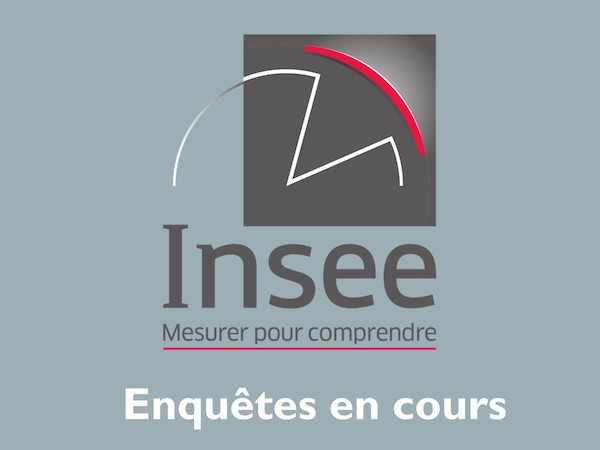INSEE has just published the results of the annual ICT household survey. Carried out among tens of thousands of households, this survey sheds light on household equipment, usage and digital skills. Insee uses aDigital Skills Indicator developed at the European level, based on 21 activities divided into 4 domains (information, communication, content creation and manipulation, problem solving).
38% of Internet users lack at least one digital skill, 2% have none
Using the Internet does not guarantee basic digital skills.
According to Stéphane Legleye and Annaïck Rolland,
Référence :
Based on the survey results, Stéphane Legleye and Annaïck Rolland (Insee) observe that
"38% of users appear to lack at least one skill in the four areas of information retrieval, communication, software use and problem solving. The most common skill deficiency is in software use (35%), followed by information retrieval (11%), problem solving (8%) and communication (7%).
The lack of digital skills would affect 2% of Internet users.
"If we add the non-users, 17% of the population is in an illiterate situation.
"The profile of the people concerned largely reflects that of non-users: the most concerned are older people, with few diplomas, with a modest standard of living, living alone or in a couple without children, inactive or living in the DOM. However, age has a greater impact on skills than on equipment, while standard of living is more discriminating for equipment than for skills.
One in four people are uninformed and one in five is unable to communicate via the Internet
Getting information from the Internet is fundamental.
"
24% of the population appear to be unable to do so: 9% feel truly incompetent despite being Internet users, while 15% are non-users. Among Internet users, 33% were unable to obtain information on products and services and 49% were unable to find administrative information
".
While communicating via the Internet seems almost unavoidable in the professional and personal world, just over 21% of the population lacks this ability in 2019. Just over 6% of people appear to be truly incompetent, while 15% are actually non-users. Among Internet users, 14% have neither sent nor read emails and 54% have not communicated via social networks (either personal or professional).
"This increases the risk of relational isolation and reduces the likelihood of getting help when needed."
"Knowing how to use software, such as word processors, is also a skill that is often necessary in everyday and professional life, and is even required for writing cover letters or resumes to apply for a job. However, 35% of Internet users during the year lack this skill.
Of those who used the Internet during the year, 8% did not perform a simple computer task, such as moving a file, installing a program or checking their bank account.
Skills split by age, degree and household type
While Internet access and use are growing rapidly, inequalities in digital literacy persist, which go beyond the age divide. Among Internet users aged 18 to 64 (excluding students and retired people), the diploma is, all other things being equal, the most discriminating factor in terms of basic digital skills.
Those living in households with children report fewer difficulties in mastering basic skills, which may reflect the formative role of youth in acquiring skills from their parents.
"Occupational status is also a divider: the unemployed have fewer difficulties in basic skills than the employed and the inactive; they are also less likely to be unable to obtain information and use software. This result could reflect the need for them to regularly consult the Internet and in particular the Pôle emploi website.





